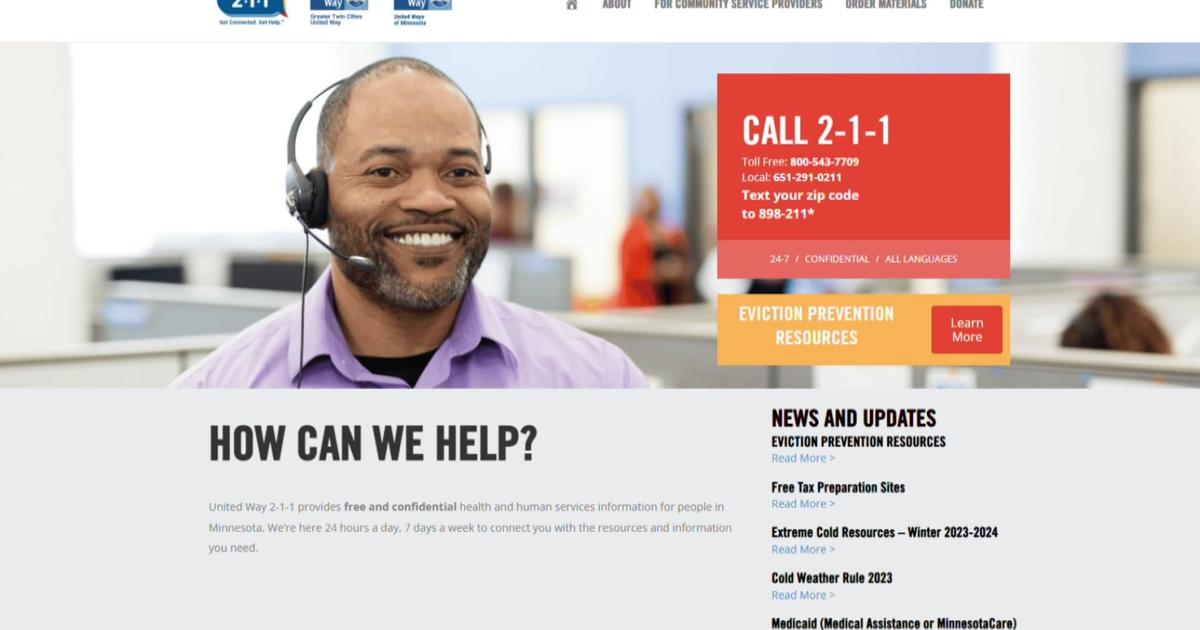How To Stop Robocalls -- And How They Could Make You Money
MINNEAPOLIS (WCCO) -- We've all answered those pesky robocalls. A Do Not Call List has helped but it hasn't stopped all the unwanted solicitation. The inconvenience of the call could put money in your pocket. WCCO found out how and how to protect against future calls.
If you answered a call from Carnival, Norweigan or Royal Caribbean between July 2009 and March 2014 you could get up to $900.
A recently settled class action lawsuit accused Resort Marketing Group of violating the Telephone Consumer Protection Act by contacting people through robocalls. Under the settlement the companies will pay between $7 million and $12.5 million dollars, depending on how many claims are filed. You can check here for eligibility. Each call is worth $300, up to $900. Claims must be made by November 3.
Robocalls, or recorded sales messages, are nothing new says AARP's scam prevention specialist Jay Haapala.
"There's a legitimate way that businesses can contact prospective clients and use the phone but our Federal Trade Commission says that they have to follow certain rules and that consumers get the chance to opt out of those kind of phone calls," Haapala said.
The National Do Not Call Registry is a way to opt out. Enter your phone number into a system, basically saying don't call me.
"The Federal Trade Commission operates that system and provides that information to legitimate marketers and the ones that want to follow the law are going to remove those phone numbers from their calling list," Haapala said.
Haapala advises people register complaints with the FTC. It's fielding higher numbers likely because more people have cell phones and haven't updated information on the Do Not Call Registry.
The FTC is committed to processing a complaint within one business day and then turns the information over to call carriers.
And Haapala adds con artists also use the same technology as legitimate companies. Calls can be made from anywhere in the world and it's hard for law enforcement to track them. So beware of any information you give over the phone.
"It's lucrative and that's why it's happening. Don't share personal information, don't share a social security number and the big difference I think is if you or anyone receives a phone call and one is requesting information not to provide anything," Haapala said.



